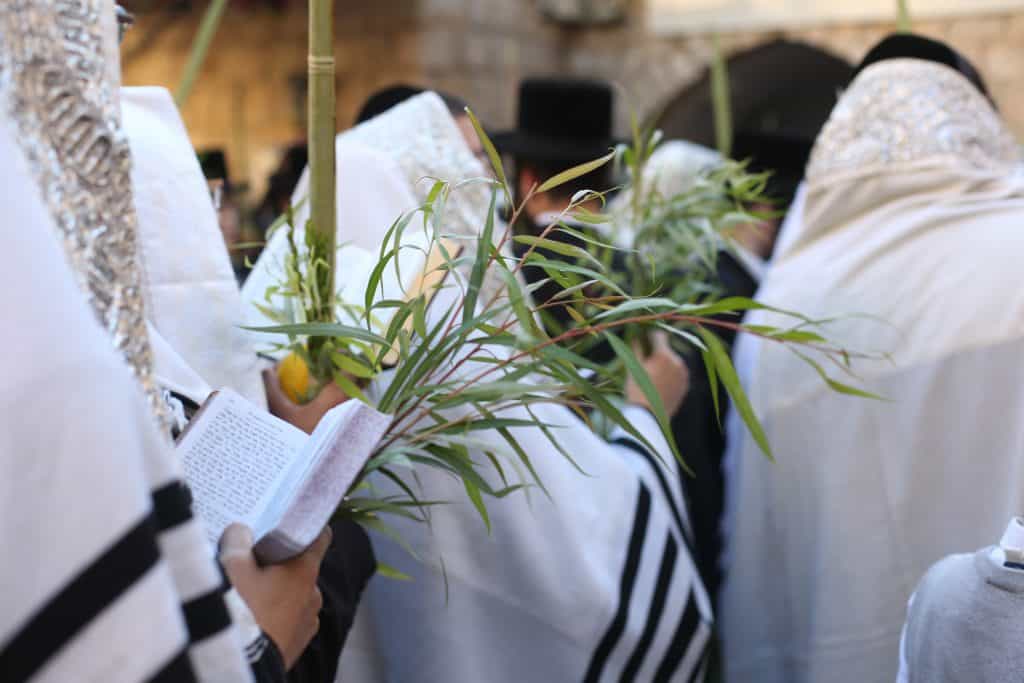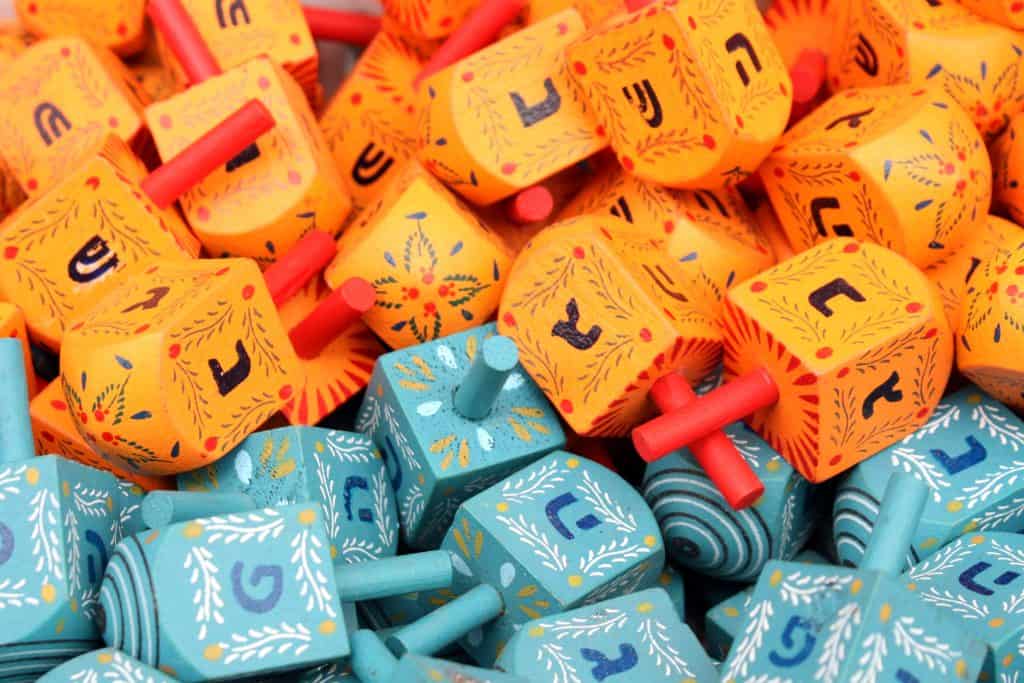Hanukkah, also known as Chanukah, is a beloved Jewish holiday that spans eight days and nights. It’s a time of joy and celebration, commemorating the miraculous victory of the Maccabees over oppressive rulers and the rededication of the Holy Temple in Jerusalem. Hanukkah is often called the Festival of Lights due to the menorah’s kindling, a central and symbolic holiday tradition.
The Significance of Hanukkah
Historical Background: Hanukkah is rooted in the events of the 2nd century BCE when the Jewish people in the Holy Land were under the rule of the Seleucid Empire. The Greeks sought to suppress Jewish religious practices, leading to the Maccabean Revolt. The holiday celebrates the rededication of the desecrated Second Temple in Jerusalem following the Maccabees’ victory.
The Miracle of the Oil: The most famous aspect of Hanukkah is the miracle of the oil. According to tradition, when the Temple was rededicated, only one small jar of oil, enough for one day, was found to relight the menorah. Yet, miraculously, it lasted eight days until more oil could be prepared. This miracle is central to the holiday.
The Jewish Calendar

Customs and Traditions
Lighting the Menorah: Each night of Hanukkah, one additional candle or oil lamp is lit on the menorah (a nine-branched candelabrum), starting with one candle on the first night and reaching eight on the last night. The ninth candle, known as the “shamash,” is used to light the others and is placed at a different height or position.
Singing Songs: Special Hanukkah songs, or “Hanukkah carols,” are sung during the holiday. The most famous is “Ma’oz Tzur” (Rock of Ages).

Credit: Adiel lo, CC BY-SA 3.0, via Wikimedia Commons.
Playing Dreidel: The dreidel is a spinning top with Hebrew letters on each side. It’s used for a traditional Hanukkah game. Players spin the dreidel, and depending on the letter it lands on, they take or give a certain number of coins or candy pieces.
Delicious Food: Traditional foods associated with Hanukkah are often fried in oil to commemorate the miracle of the oil. Potato latkes (pancakes) and sufganiyot (jelly-filled donuts) are popular treats during this time.
Gift-Giving: In some Jewish communities, gift-giving is a Hanukkah tradition. Children receive gifts each night of the holiday, and families exchange presents to spread joy.
Conclusion
Lastly, Hanukkah celebrates hope, resilience, and the triumph of light over darkness. It reminds people of the importance of standing up for their beliefs and traditions, even in adversity. The lighting of the menorah each night serves as a beacon of inspiration, signifying that even in the darkest times, a small light can dispel a great deal of darkness. So Hanukkah is a time for family gatherings, delicious feasts, and sharing blessings with loved ones, embodying the enduring spirit of faith and unity.

